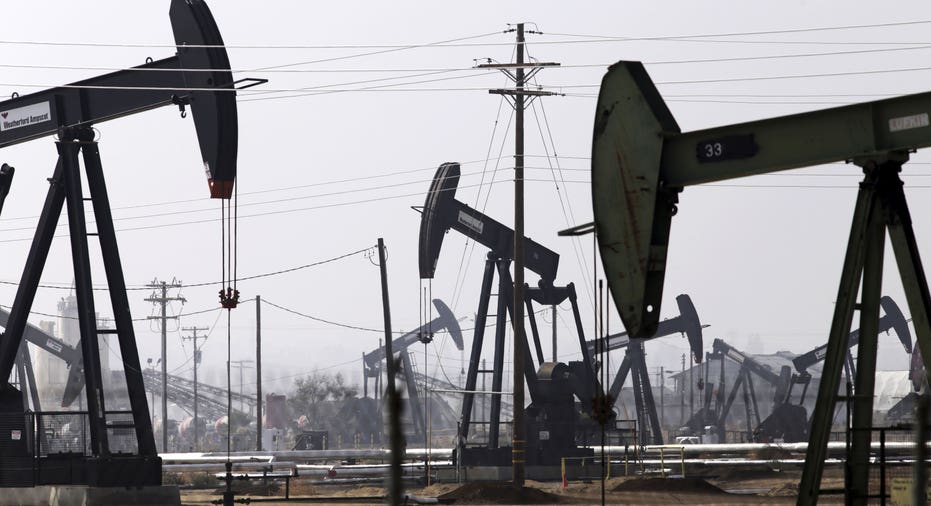Oil Set For Sixth Straight Day of Declines

Oil prices were on course for their sixth straight day of falls on Friday, dragged lower by a surge in U.S. crude inventories, timid demand and doubts over the ability of producers to coordinate output cuts.
Brent crude futures were at $46.21 per barrel at 0740 GMT (3:40 a.m. ET) , down 14 cents from their last close. U.S. West Texas Intermediate (WTI) futures were down 9 cents at $44.57 a barrel.
The dips put crude on the longest losing run since June and, before that, since January, with Brent shedding almost 14 percent since its recent peak in mid-October.
"The persistent market dynamic of softer demand and stronger supply will become a more dominant driver of prices as the impact of OPEC's verbal interventions begins to fade and expectations for coordinated cuts are readjusted," BMI Research said.
"We see a trading range of $43-53 per barrel leading oil markets into the new year and we maintain our forecasts of an average 55 per barrel and $53.5 per barrel for Brent and WTI respectively for 2017," it added.
Analysts said markets were also weighed down by traders pulling out money from futures ahead of the U.S. presidential elections, which are seen as a risk to markets.
"I suspect the main drivers are that risk is being taken off the table ahead of next week's election," said Jeffrey Halley of OANDA brokerage in Singapore.
Beyond concerns ahead of the elections, traders said oil fundamentals were also weak, with U.S. crude stocks surging, demand growth low, and doubts that the Organization of the Petroleum Exporting Countries (OPEC) and non-OPEC producer Russia can agree on a meaningful output cut this month.
While oil production remains near records and inventories are high, British bank Barclays said demand growth was timid.
Demand growth over July-September was less than a third that of the year-ago quarter, Barclays said in a note, estimating last quarter's growth below 1 million barrels per day (bpd).
The consumption rise for the last quarter will not be much higher, before averaging 1.3 million bpd in 2017, it added.
In the United States, crude oil stockpiles soared more than 14 million barrels last week, the largest build on record, highlighting that a global fuel supply overhang is far from over.
"The sharp increase in U.S. crude imports (+2 million bpd week-on-week), led to a strong inventory build (first one since late August), with crude inventories now back to the top of the 5-year range," Jefferies bank said.
Also in the United States, the Colonial Pipeline carrying gasoline, which was disrupted this week by an explosion, is expected to restart Line 1 on Sunday afternoon.
(Reporting by Henning Gloystein; Editing by Joseph Radford and Himani Sarkar)



















